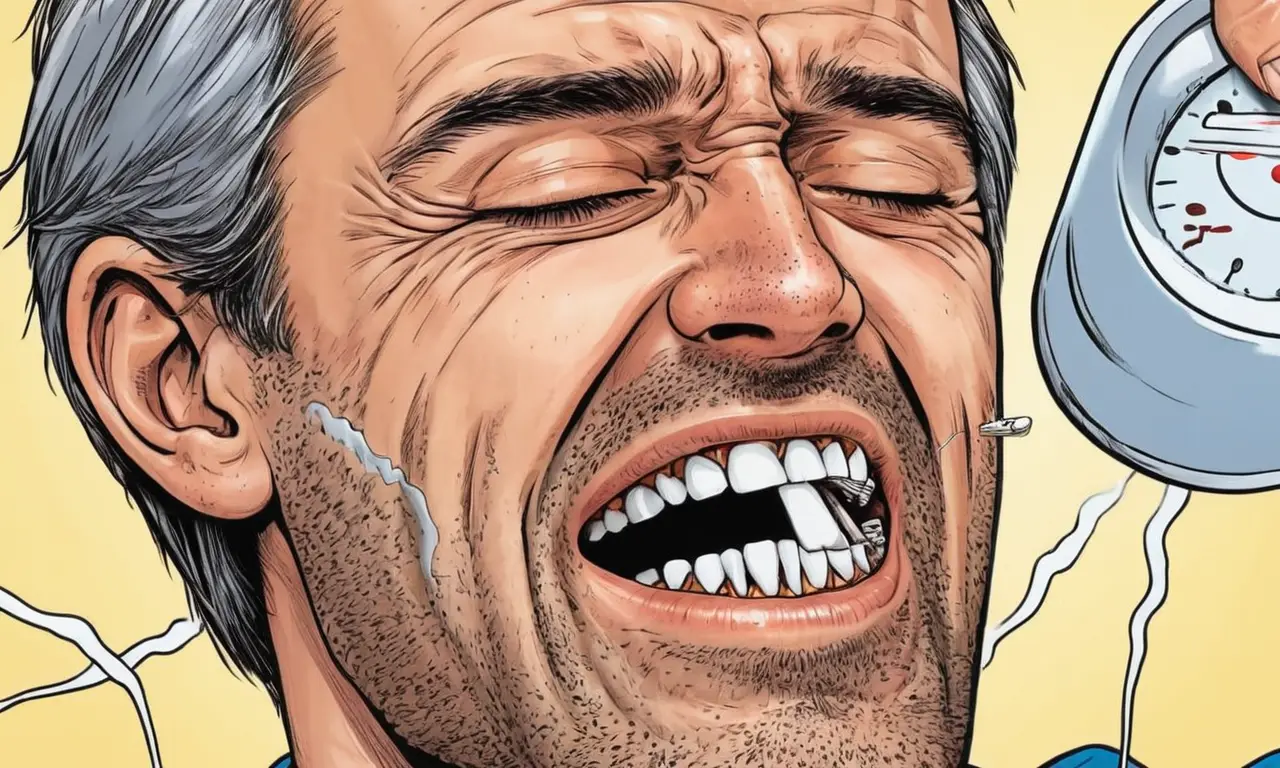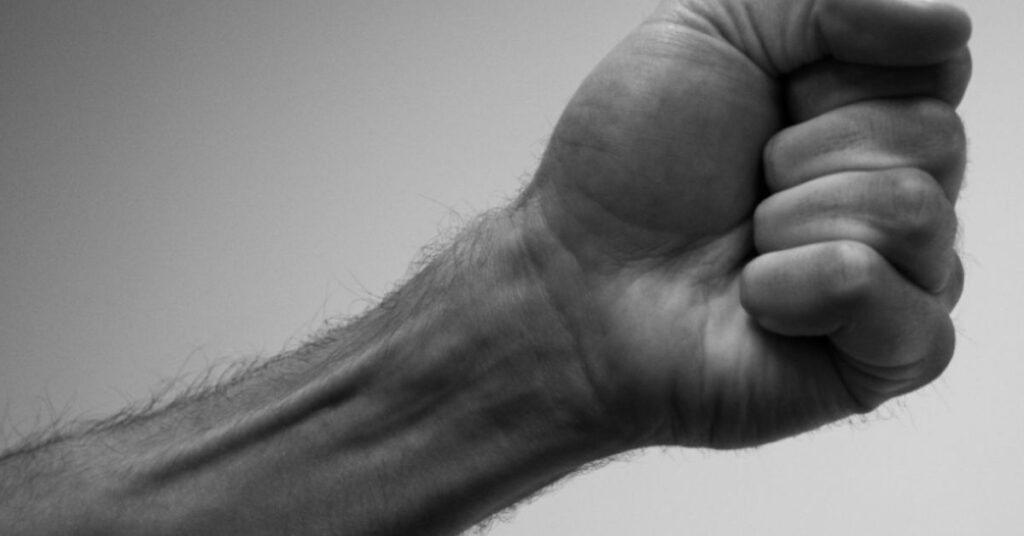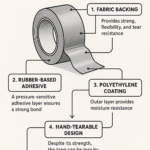Do you wake up with a stiff hand or aching jaw? You might be clenching your fists during sleep, a common condition known as bruxism. While it may seem harmless, persistent fist clenching can lead to discomfort, pain, and even damage to your teeth and jaw. This article will delve into the causes of this nighttime habit, explore its symptoms, and provide practical solutions to help you stop clenching fists at night and enjoy restful sleep.
This comprehensive guide will cover various aspects of bruxism, from understanding its underlying causes to implementing effective stress management techniques and optimizing your sleep environment. We’ll also discuss potential medical conditions that may contribute to fist clenching and explore available treatment options. By the end of this article, you’ll have a clear understanding of how to address this issue and regain peaceful nights.
Causes of Fist Clenching at Night
Fist clenching during sleep can stem from a variety of factors, both physical and psychological.
One common cause is stress and anxiety. When your mind races with worries or tension, your body often reacts by tensing up, including your fists. Sleep deprivation can also exacerbate this issue, as fatigue can lead to increased muscle tension and involuntary movements. Certain medications, such as antidepressants or anti-anxiety drugs, may have side effects that contribute to bruxism.
Underlying medical conditions like sleep apnea, gastroesophageal reflux disease (GERD), or temporomandibular joint disorder (TMJ) can also trigger fist clenching. In some cases, the cause remains unknown, but it’s often a combination of factors rather than a single isolated issue.
Symptoms of Bruxism

While you may not be aware of clenching your fists during sleep, there are several telltale signs that indicate bruxism:
- Waking up with a sore jaw or facial muscles: This is a common symptom, often accompanied by stiffness and tenderness.
- Headaches: Bruxism can cause tension headaches, especially in the morning.
- Tooth sensitivity or pain: Grinding your teeth can wear down enamel and expose sensitive dentin, leading to discomfort.
- Earaches: The jaw muscles are connected to the ears, so clenching can sometimes trigger ear pain.
- Damaged teeth: Persistent bruxism can result in chipped, cracked, or worn-down teeth.
If you experience any of these symptoms regularly, it’s important to consult a doctor or dentist to rule out other potential causes and discuss treatment options.
Stress Management Techniques
Stress is a major contributor to fist clenching at night. Incorporating stress management techniques into your daily routine can significantly reduce tension and promote relaxation:
- Yoga: This ancient practice combines physical postures, breathing exercises, and meditation to calm the mind and body.
Meditation: Regular meditation sessions can help you focus on the present moment, reducing anxiety and promoting a sense of peace. Even a few minutes of mindfulness each day can make a difference.
Deep Breathing Exercises: When you feel stressed, take slow, deep breaths to activate your parasympathetic nervous system, which promotes relaxation.
- Progressive Muscle Relaxation: This technique involves systematically tensing and relaxing different muscle groups in your body, helping to release tension and promote physical calmness.
Sleep Environment and Habits

Creating a conducive sleep environment can significantly improve your chances of restful nights free from fist clenching:
- Comfortable Bedding: Invest in a supportive mattress, pillows, and bedding that provide comfort and promote proper spinal alignment.
- Cool Temperature: A slightly cool room temperature (around 65 degrees Fahrenheit) is ideal for sleep.
Dark Room: Minimize light exposure by using blackout curtains or an eye mask to create a dark and relaxing sleep environment.
White Noise: A white noise machine or fan can help block out distracting sounds and promote deeper sleep.
- Regular Sleep Schedule: Aim for consistent bedtime and wake-up times, even on weekends, to regulate your body’s natural sleep-wake cycle.
Medical Conditions and Treatments
In some cases, fist clenching at night may be a symptom of an underlying medical condition. If you suspect this is the case, consult a doctor or dentist for a thorough evaluation:
- Sleep Apnea: This disorder causes repeated pauses in breathing during sleep, often leading to restless nights and bruxism.
- GERD: Stomach acid reflux can irritate the throat and esophagus, triggering clenching as a reflex.
- TMJ Disorder: Problems with the temporomandibular joint (the joint connecting your jaw to your skull) can cause pain and muscle tension, contributing to bruxism.
Treatment options for fist clenching may include:
- Mouthguards: Custom-fitted mouthguards worn at night can help protect your teeth from grinding and reduce jaw strain.
- Medications: In some cases, medications such as muscle relaxants or antidepressants may be prescribed to manage stress and reduce bruxism.
- Therapy: Cognitive behavioral therapy (CBT) can help you identify and address underlying psychological factors contributing to fist clenching.
Conclusion
Fist clenching at night, while a common issue, can significantly impact your sleep quality and overall well-being. By understanding the potential causes, recognizing the symptoms, and implementing effective solutions, you can take control of this nighttime habit and enjoy restful nights. Incorporate stress management techniques, optimize your sleep environment, and consult a healthcare professional if necessary to address any underlying medical conditions. Remember, prioritizing your sleep health is essential for your overall health and well-being.


